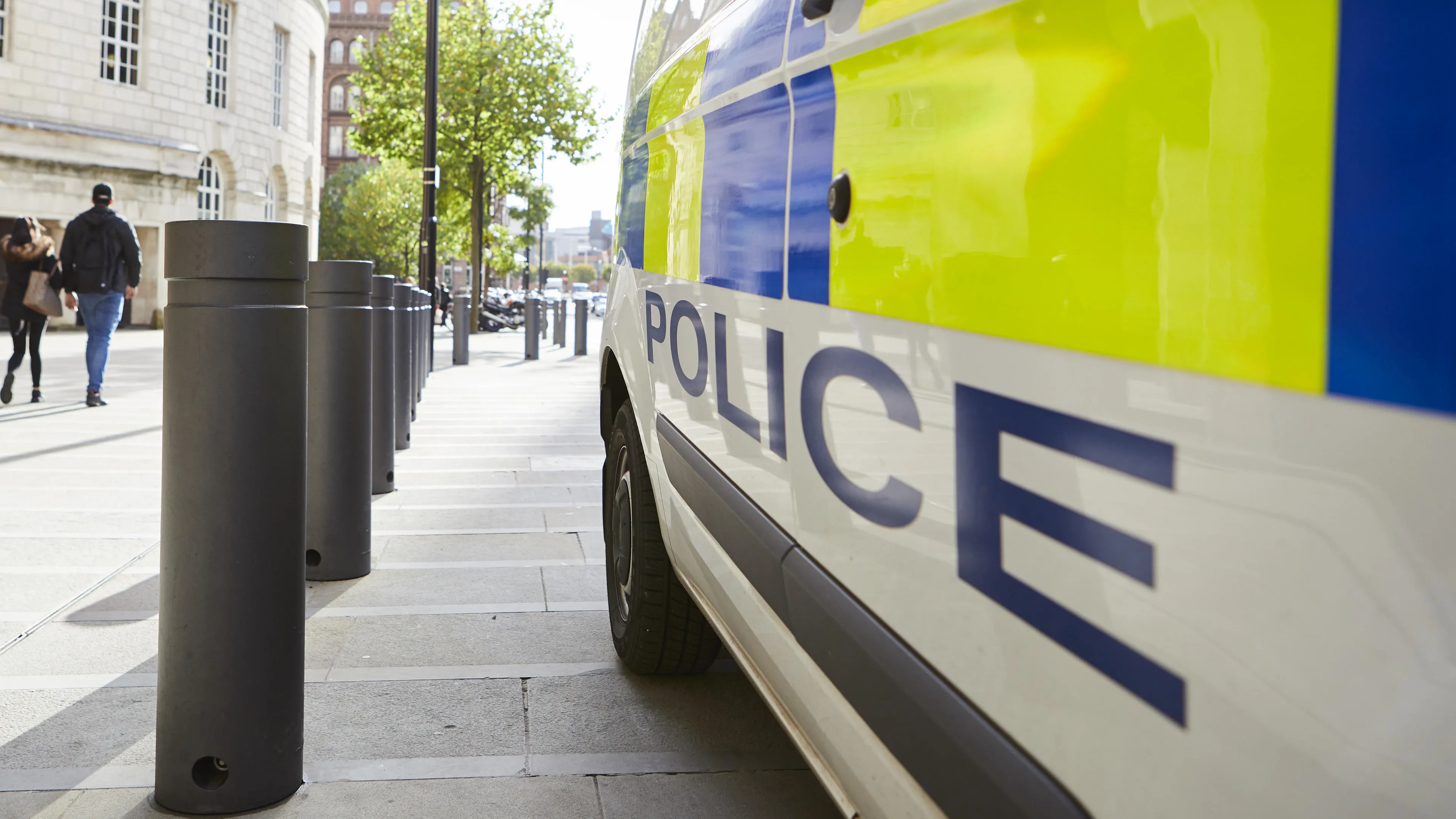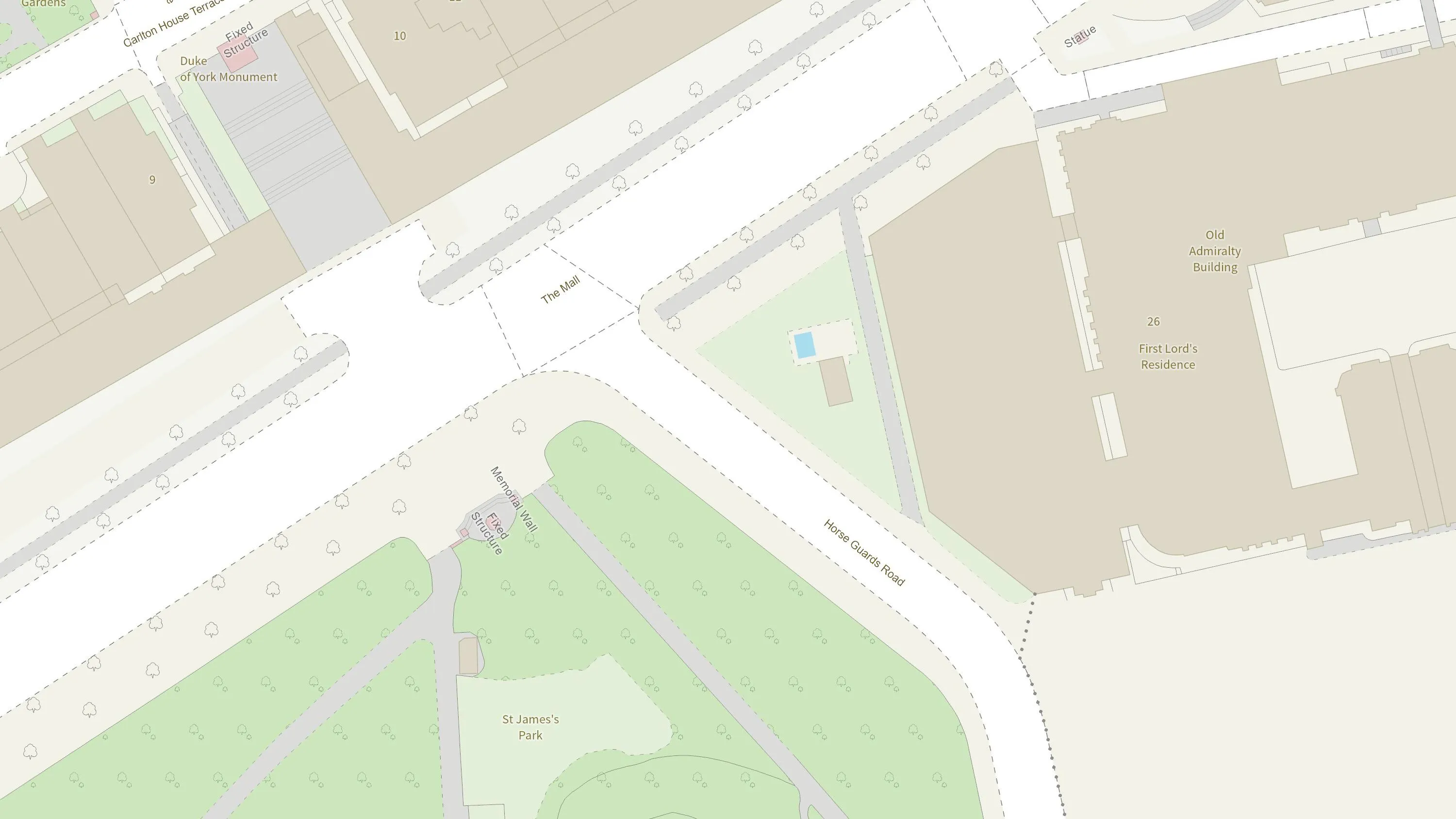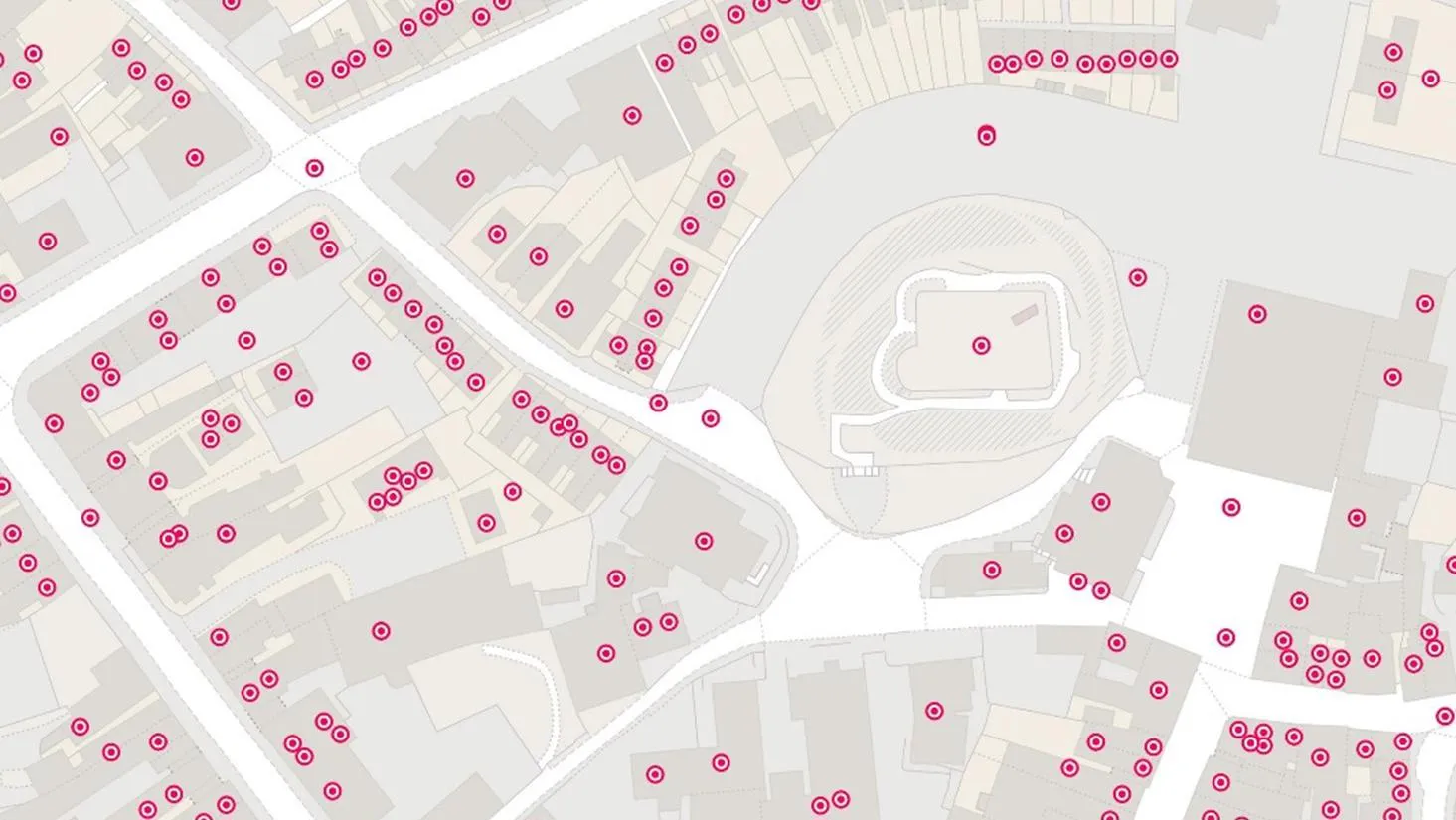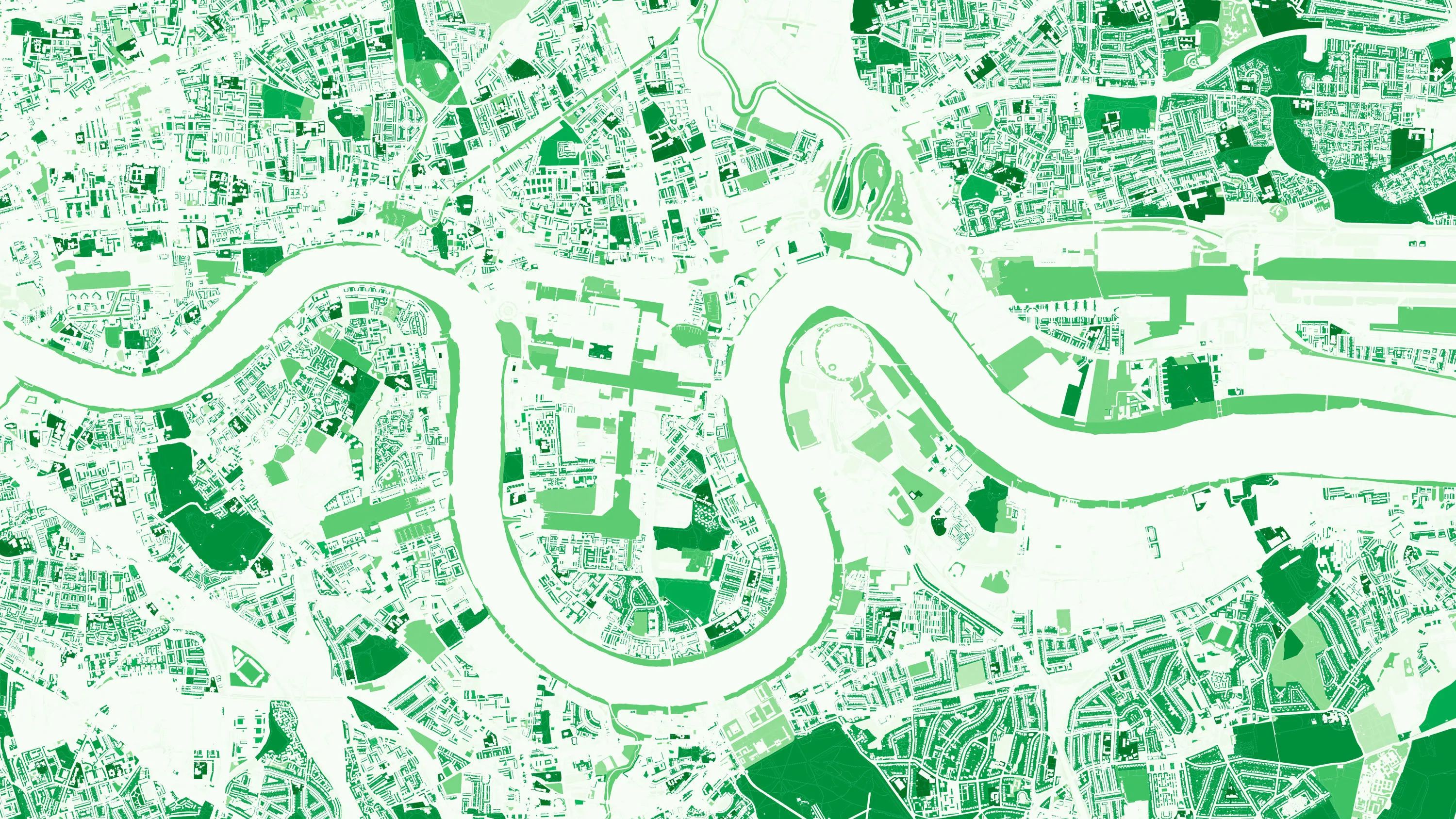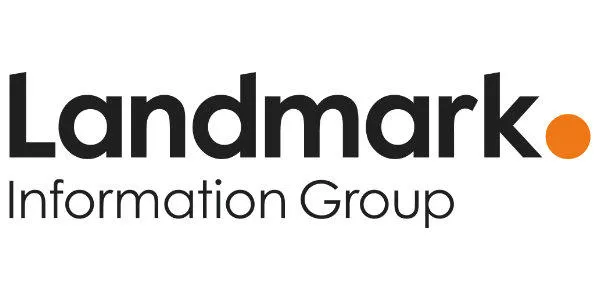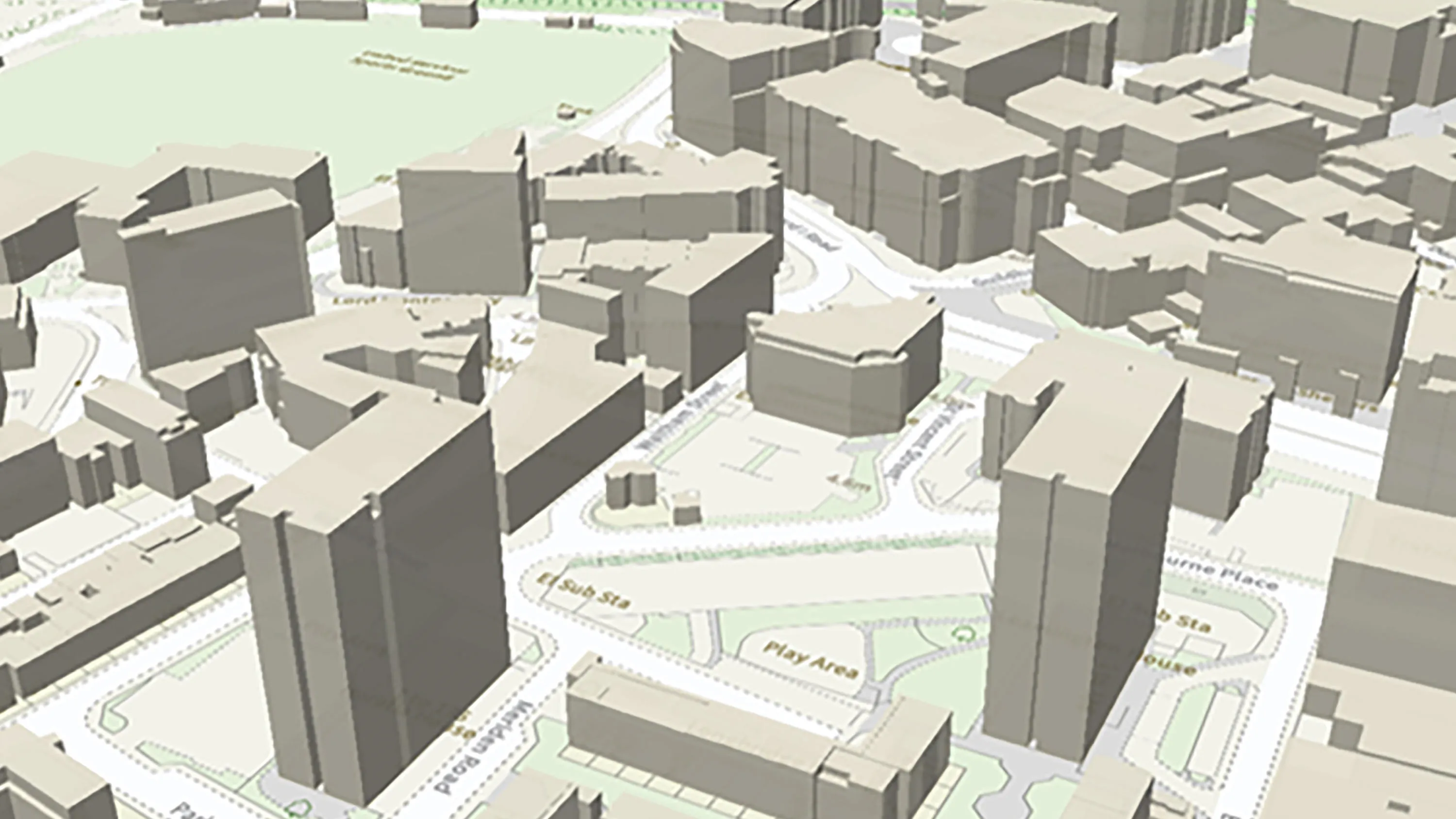The Metropolitan Police is the UK’s largest police force. It polices 620 square miles and serves more than eight million people across one of the world’s most dynamic and diverse cities.
Part of its mission is to seize the opportunities of data and digital technology. To help a...
